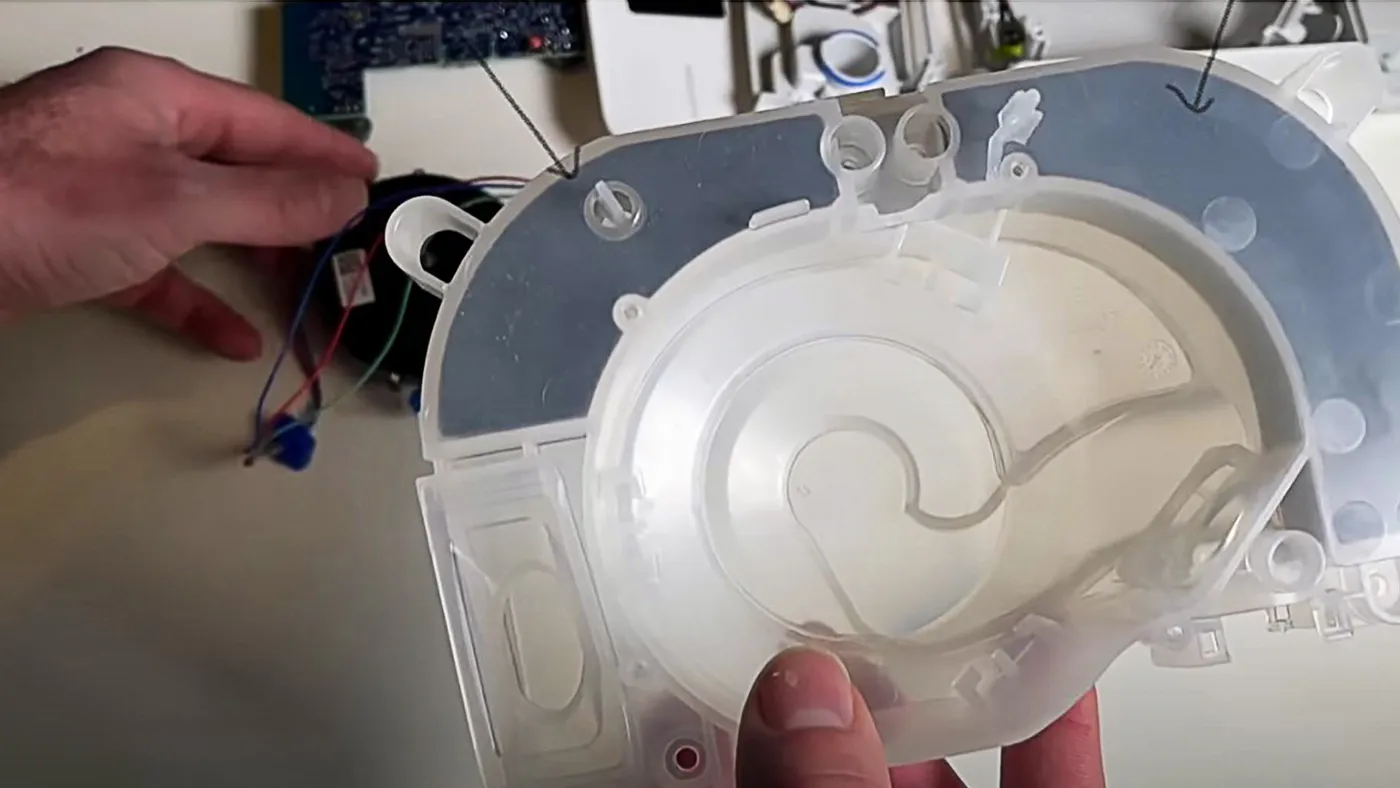Patients have been grappling with the fallout of Philips Respironics’ recall of sleep apnea machines and ventilators for more than two years.
Philips began a recall encompassing more than 15 million devices in June 2021 after it found that polyester-based polyurethane (PE-PUR) foam used to soundproof the machines could break down. Patients could inhale the foam particles, which could cause serious injury, according to the Food and Drug Administration, including irritation of the respiratory tract, nausea and “toxic and cancer-causing effects.”
The recall has also been associated with 385 deaths and more than 105,000 complaints, according to reports received by the FDA between April 2021 and March 2023.
“This is one of the largest recalls in the medical technology industry, and we take the remediation very seriously,” Philips spokesperson Steve Klink wrote in an emailed statement on Oct. 26, 2023.
Philips is still in the process of repairing and replacing the devices. The company has also reported numerous subsequent recalls in its Respironics division, some of which include the devices it is fixing for foam problems. For example, the company found a portion of its reworked continuous positive airway pressure (CPAP) and bilevel positive airway pressure (BiPAP) machines were programmed with the wrong serial numbers, which could result in patients receiving the wrong prescription settings. Another recall found new foam problems in reworked ventilators.
When asked about the effect of the subsequent recalls on its repair efforts, Philips said it has intensified its quality efforts.
The company settled a class action lawsuit in September, agreeing to pay out a minimum of $479 million to people who purchased or rented the recalled devices.
Philips’ recall saga took another turn on Jan. 29, 2024, when the company announced that it would stop selling new sleep apnea and other respiratory devices in the U.S. due to a consent decree negotiated with the U.S. Department of Justice as a representative for the FDA. Philips announced the decision on a fourth-quarter earnings call, and the final agreement was filed in court in April 2024.
The company will continue to service sleep and respiratory care devices that are already in use and supply accessories, consumables, patient interface and replacement parts.
MedTech Dive compiled a list of Philips Respironics recalls that have been posted by the FDA since 2021, using data from Basil Systems, a company with a database of regulatory, device and post-market information on medical devices. The list includes only Class I recalls, which the FDA defines as situations where there is a reasonable probability that a product will cause serious adverse health consequences or death. The events are organized by recall start date.
This tracker was updated to include a recall posted by the FDA in October 2024. It will continue to be updated with new recalls and disclosures as needed.
Read more of MedTech Dive’s reporting about Philips Respironics’ recalls.






